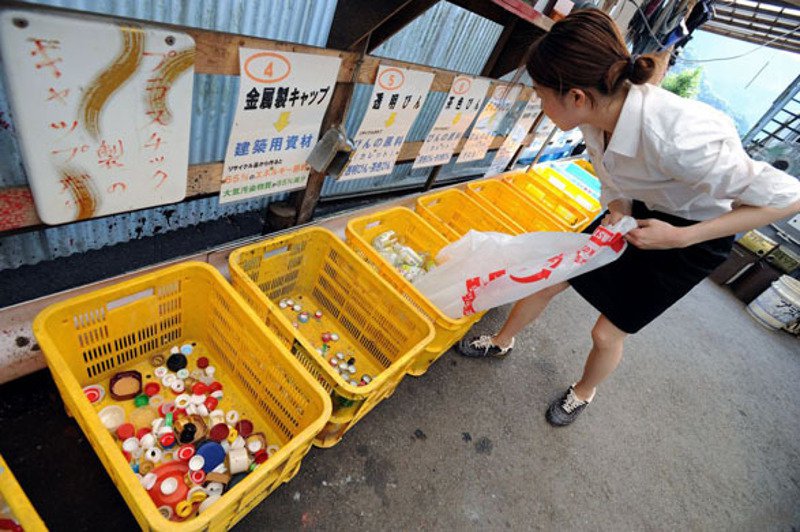What if you were told that there is a zero-waste Japan town where as the name suggests, there is nothing as waste?
That is actually what it is. The town of Kamikatsu in the Asian country has in 2013 decided to embark on a zero-waste policy, and it has maintained the policy till date.
The decision came after it realized how damaging the incineration of trash which it was into, was to the environment. This is most especially as waste incinerators have shown to emit vast quantities of greenhouse gases and toxins that can be damaging to agriculture and food supply.
See Also: Tsimane People Of Bolivia: These people have the world’s healthiest hearts
Although not easy, the small village in southwestern Japan soon adjusted to the practice of waste recycling which was brought to take over the place of incineration.
Today, the people are able to sort their trash into super-specific categories, like aluminum cans, steel cans, paper cartons, and paper flyers. They sort their garbage into 34 separate categories of waste.
It has a store where people can leave clothing or furniture they don’t want, exchanging their old stuff for free items that others have dropped off.
There is also a factory where women work to convert the things dropped to other things that are useful.
According to the deputy chief officer of the Zero Waste Academy, a nonprofit that works toward Kamikatsu’s sustainability goals, Akira Sakano, the focus is to get their lives changed by this.
As it now stands 80% of the town’s garbage is recycled, reused, or composted, with the rest going to a landfill. By 2020, the town hopes to be completely free of waste.
See Also: Sicknesses Caused By Technology: You Really Need To Play Safe
Just as it is with this zero-waste Japan town, so too, other cities around the world are trying to control their waste management. Such include San Diego which has in 2015 decided to reduce trash disposal by 75% by 2030 with the aim of becoming waste-free by 2040, and New York City which has a similarly ambitious plan of being waste-free in about 15 years.














